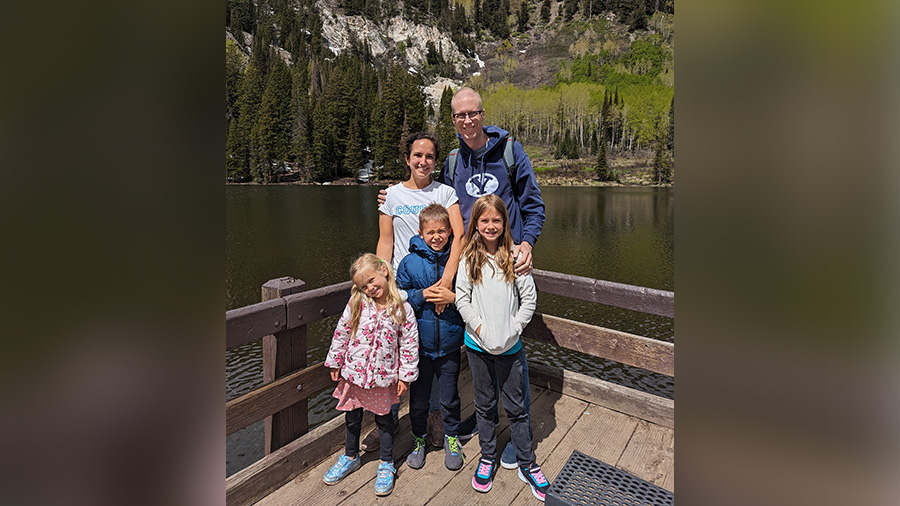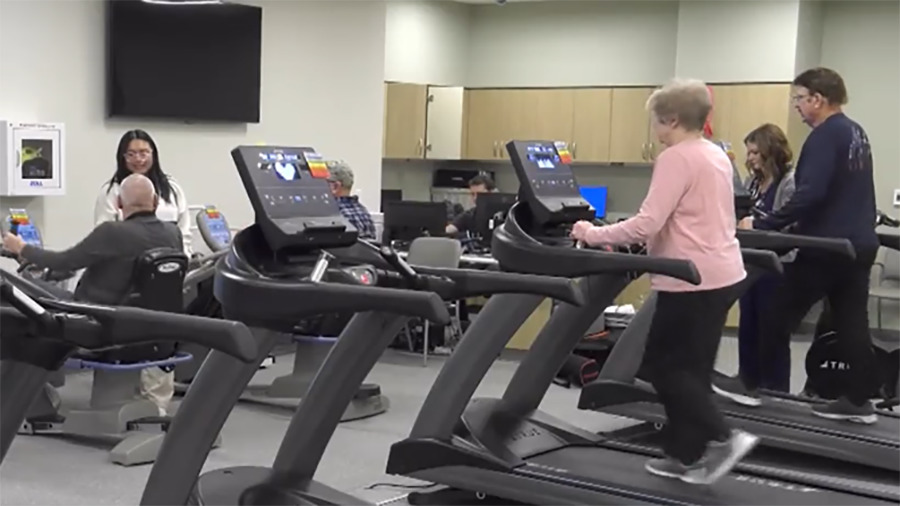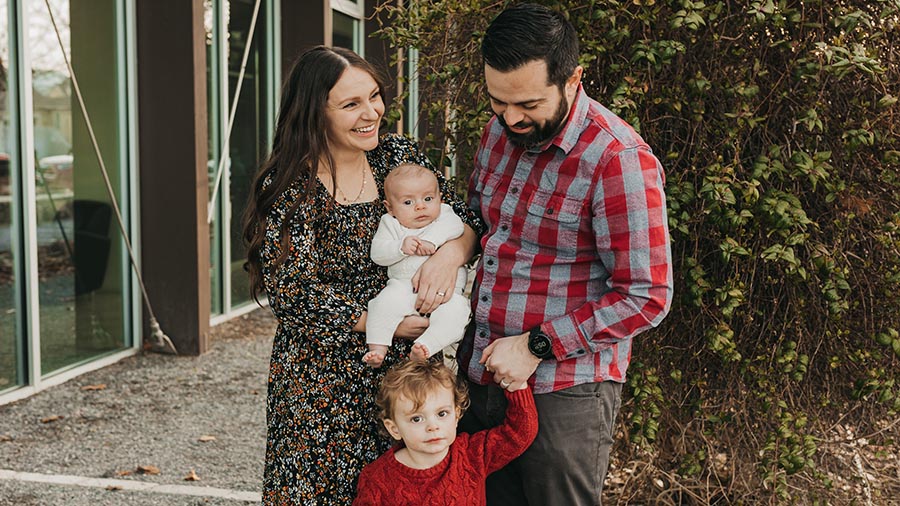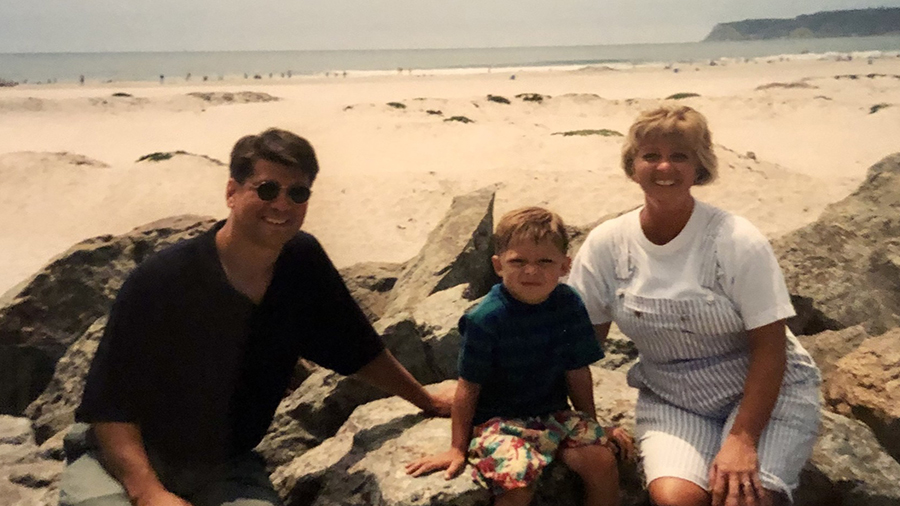How an outpatient program helped Salt Lake man overcome substance abuse
Mar 16, 2023, 6:49 PM | Updated: Apr 25, 2023, 2:41 pm
SALT LAKE CITY — Each year in the United States, about 100,000 people die from an overdose, according to Intermountain Health experts.
A Salt Lake man is sharing his story of overcoming opioid use and how Intermountain Health’s outpatient program helped him.
“I was in a really deep hole and I never thought I would get out of it to be fair,” Jackson Peck said.
Peck said that while he was playing college football at Southern Utah University in 1998, he saw a doctor for a back injury.
“He prescribed me a medicine that a lot of athletes were on at the time,” he said. “It was supposed to be non-habit forming.”
But Peck said he noticed when he wasn’t on the medication, he started to feel sick.
“It felt like I had the flu, and my skin was on fire like an itch, but I wasn’t able to itch it,” he said.
Peck said the doctor gave him some medication to help with the flu, and it also contained a pain medication.
“As soon as I took it, I felt normal and immediately knew why I felt that way,” he said.
Peck said he knew he needed help and was able to get that support at Intermountain Health’s Dayspring outpatient facility, a resource he is thankful for because he worried about stepping away for inpatient treatment.
“I couldn’t leave my kids, and not being able to provide for my family, it was too much, the thought of that was probably worse,” Peck said.
Dr. Spencer Hansen, an addiction psychologist at Intermountain Health, said the program is intense.
“It’s kind of like a part-time job, dedicating a lot of hours figuring out why this pattern of substance use is happening, and where it came from,” Hansen said.
He said the stigma surrounding substance abuse stops people from receiving treatment and can also lead to depression and the likelihood of someone going back to substance use.
“They are still a person, and they still have value just as much as other people in the room,” Hansen said.
Peck has been sober since 2010 and said outpatient treatment and coaching football saved him.
“When I was struggling with my addiction, it gave me a place to be, it gave me a purpose,” he said.
He now encourages people to find their purpose and seek help.
“As tough as this road was, I know exactly who I am now having gone through what I have had to, to get to this point,” Peck said.
“You can do it, the treatment exists, and it helps a lot of people,” Hansen said.
The Dayspring program offers two main levels of outpatient treatment.
Standard Outpatient
This may include one or more types of treatment, including medication-assisted, group therapy, or solo therapy. This method offers up to nine hours of treatment each week.
Intensive Outpatient
Substance use disorder Intensive Outpatient Programs are for people who are dealing with addiction disorders, or have mental and substance use disorders together, but they don’t need a medical detox or 24-hour supervision.
It offers up to 19 hours of treatment each week. This program is designed to set up emotional support and help stop patients from relapsing by building coping skills. Dayspring offers a program that lets you keep your family and work responsibilities while you get treatment.
There are three different Dayspring locations across Utah. Click here to find one near you.













